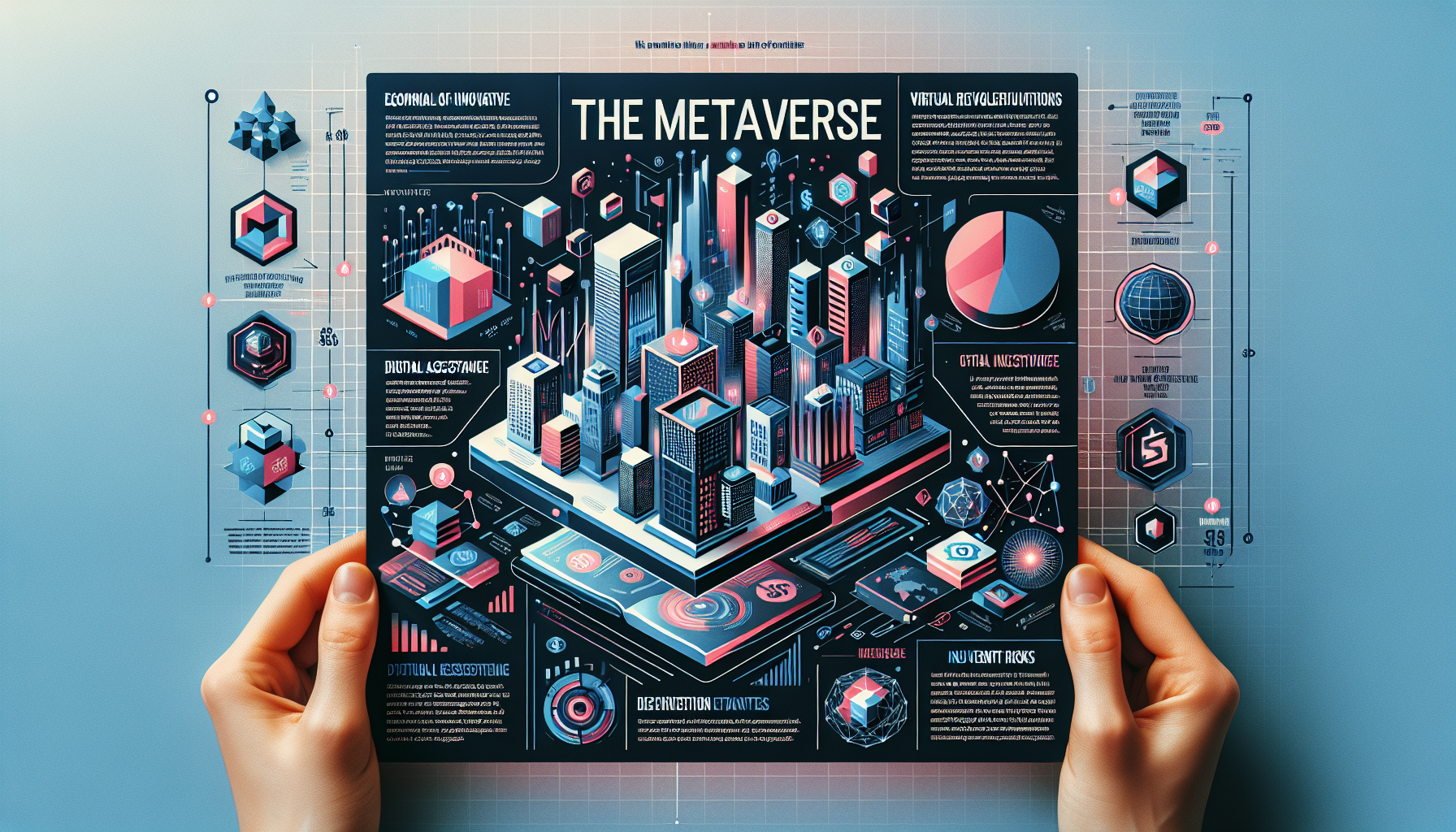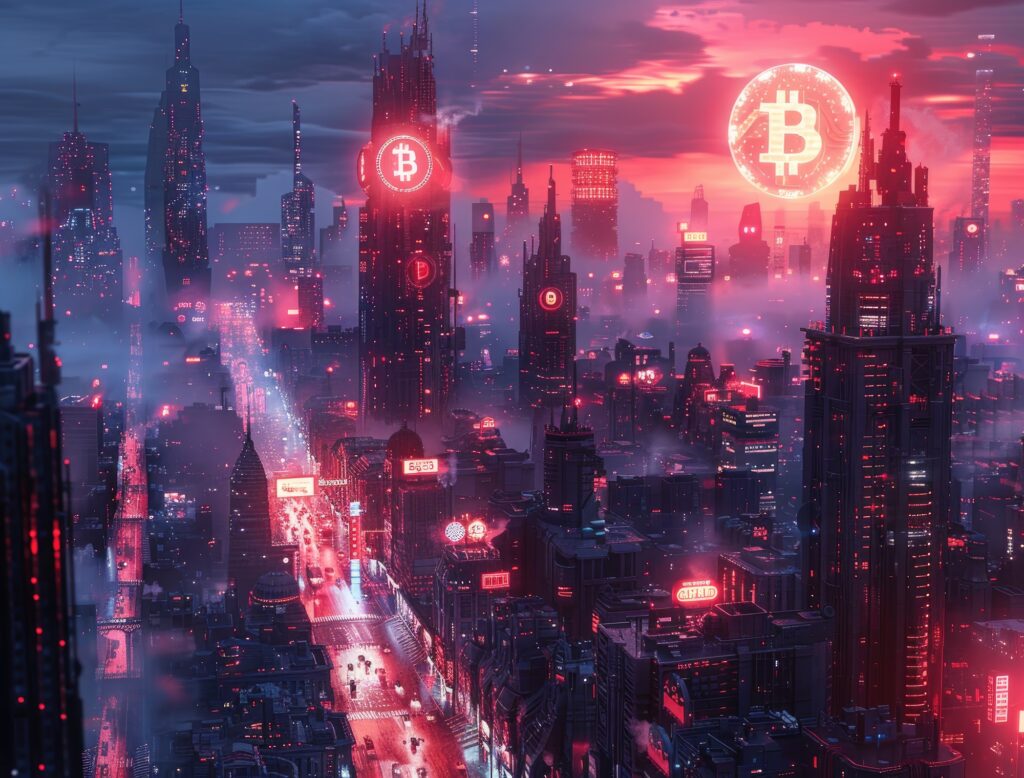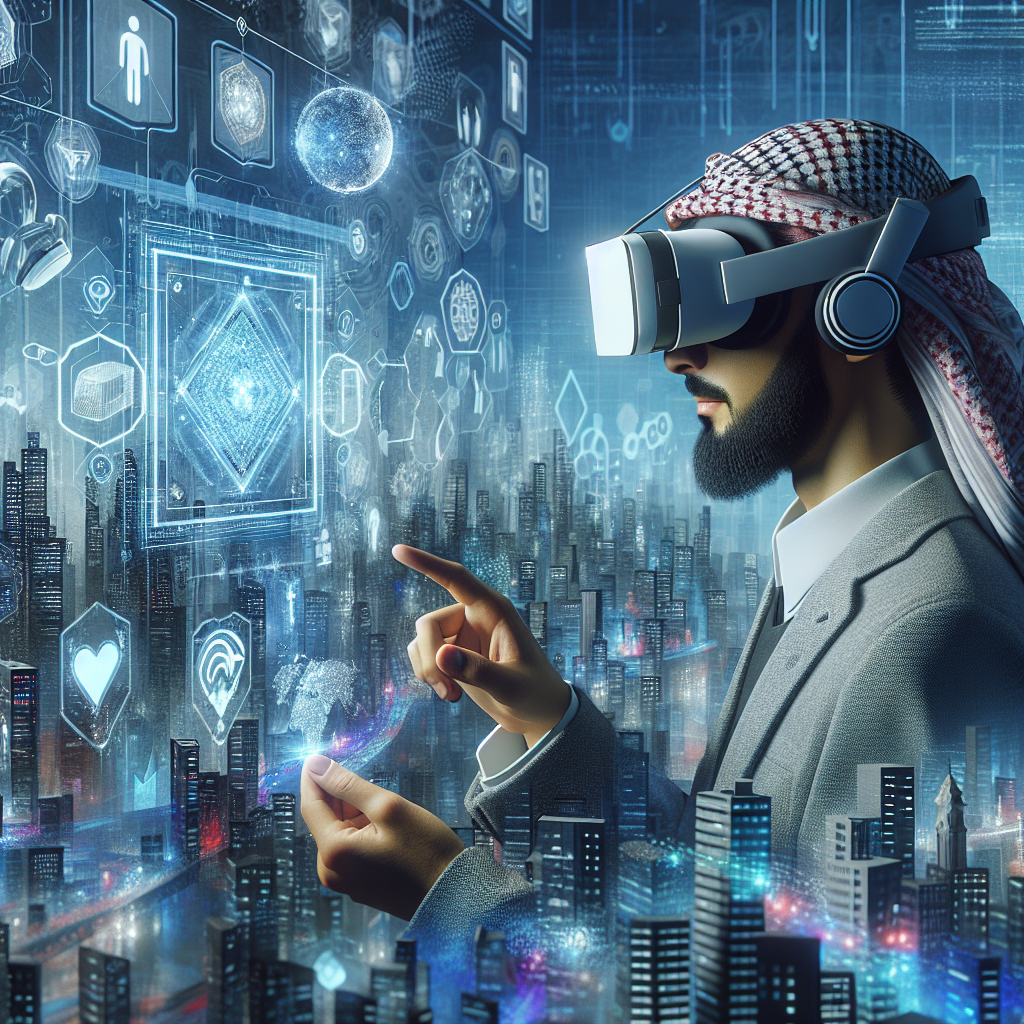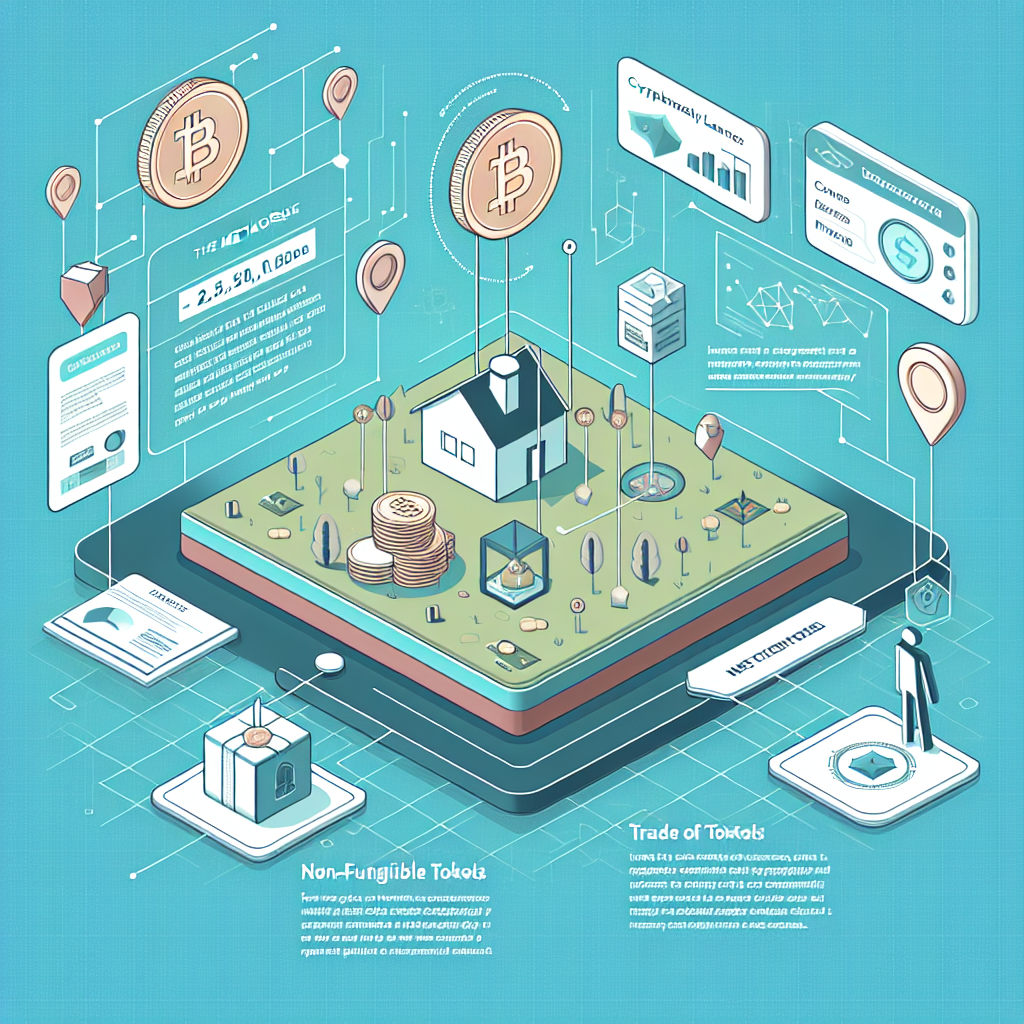
The concept of the metaverse has taken the tech and financial world by storm, promising a digital revolution that will redefine how we interact, work, and even earn a living. But is the metaverse truly a groundbreaking economic shift, or is it merely an overhyped trend driven by speculation? In this article, we’ll explore the foundations of the metaverse economy, the opportunities it presents, and the challenges that could determine its future.
Understanding the Metaverse Economy
The metaverse refers to a collection of virtual worlds where users can interact, conduct business, and engage in digital experiences. Built on technologies such as blockchain, virtual reality (VR), and augmented reality (AR), the metaverse economy enables digital ownership, decentralized transactions, and new business models that go beyond traditional online interactions.
At its core, the metaverse economy operates on digital assets such as cryptocurrencies, non-fungible tokens (NFTs), and virtual real estate. These assets allow users to trade, create, and monetize experiences in a decentralized manner. Companies like Meta (formerly Facebook), Decentraland, and The Sandbox have already started building digital ecosystems where users can engage in commerce and entertainment.
Opportunities in the Metaverse Economy
1. Virtual Real Estate and Property Development
Just as in the real world, digital land in the metaverse is a valuable asset. Investors and businesses are purchasing virtual land in platforms like Decentraland and The Sandbox, developing virtual stores, entertainment venues, and advertising spaces. Some properties have sold for millions, highlighting the potential of this digital real estate boom.
2. Metaverse Employment and Digital Jobs
The rise of the metaverse has created new job opportunities that didn’t exist a decade ago. Roles such as virtual architects, digital fashion designers, event organizers, and metaverse consultants are in demand. Companies are even hosting meetings and training sessions in virtual offices, enhancing remote work possibilities.
3. Blockchain-Based Commerce and NFTs
NFTs have transformed the way people own and trade digital assets, enabling artists, musicians, and creators to monetize their work like never before. The metaverse allows users to buy, sell, and display NFT-based assets, fostering a new economy centered around digital collectibles and virtual goods.
4. Gaming and Play-to-Earn Models
The gaming industry is one of the biggest drivers of the metaverse economy. Play-to-earn (P2E) games such as Axie Infinity and Gods Unchained allow players to earn cryptocurrency and in-game assets that hold real-world value. This model has introduced new financial opportunities for gamers worldwide.
5. Advertising and Marketing in Virtual Worlds
Brands are increasingly leveraging the metaverse to engage with customers in immersive ways. Companies like Nike and Gucci have launched virtual stores and branded experiences, capitalizing on the growing number of digital consumers. Virtual billboards and sponsorship deals in metaverse platforms are also becoming a lucrative advertising method.
Challenges Facing the Metaverse Economy
While the metaverse presents promising economic opportunities, it also faces significant hurdles:
- Scalability and Technology Limitations: Many metaverse platforms are still in their early stages, facing issues with scalability, interoperability, and technical stability.
- Regulatory Uncertainty: Governments are still determining how to regulate virtual assets, taxation, and data privacy in the metaverse.
- Security Risks and Fraud: The decentralized nature of metaverse transactions makes them prone to cyber threats, scams, and fraudulent activities.
- Adoption and Accessibility: The metaverse requires high-end VR and computing devices, limiting accessibility for users in developing regions.
Conclusion: A Paradigm Shift or Just a Bubble?
The metaverse economy has the potential to revolutionize multiple industries, from real estate to gaming and digital commerce. While there are valid concerns about its sustainability and regulation, the growing investments and technological advancements suggest that the metaverse is more than just hype. Whether it becomes a full-fledged digital revolution or another speculative bubble will depend on how businesses, governments, and users adapt to this new virtual frontier.




